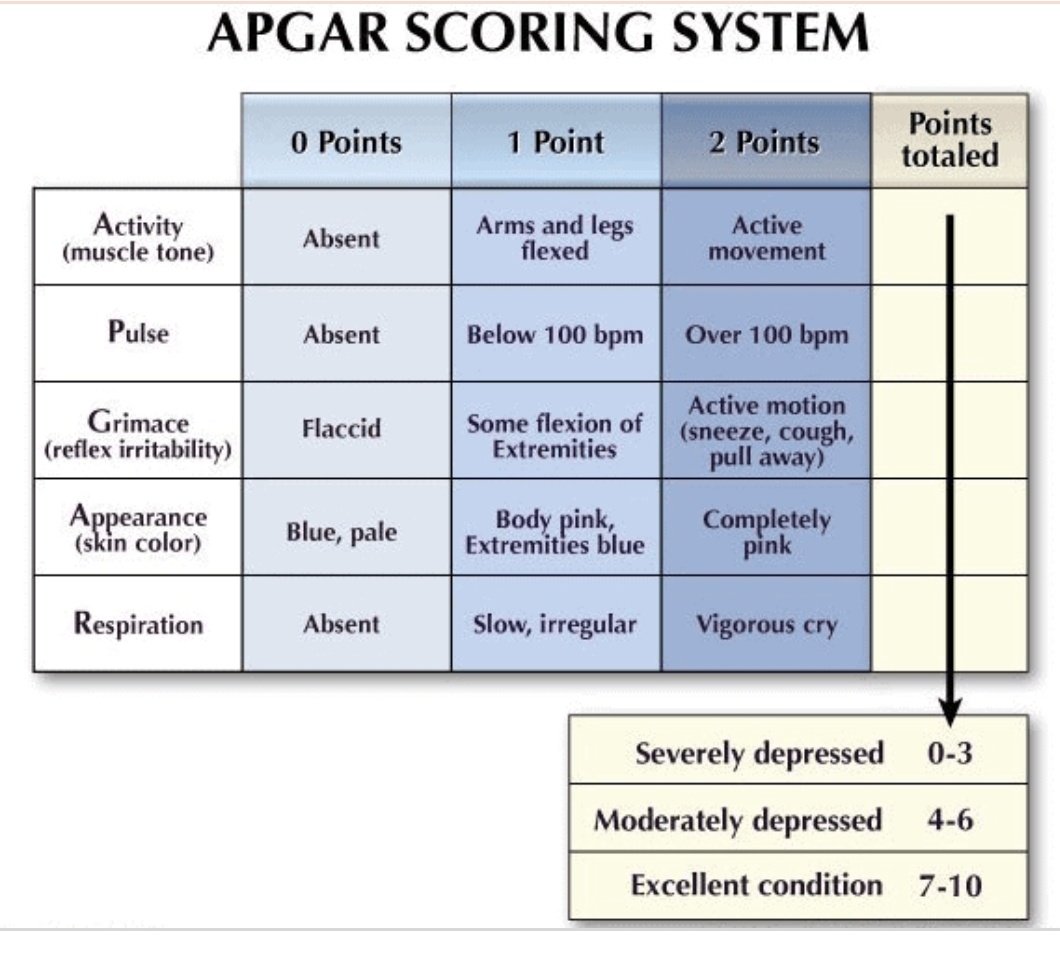
Pediatric Residency - A First Year Resident's Diary !
Joining Pediatrics ?
Welcome to this world of little wonders! 🌈👶💜
Joining Pediatrics ?
Welcome to this world of little wonders! 🌈👶💜
1.Memorize the new normal : To identify what's abnormal one must first know what is the normal range.Vital parameters in pediatric population for instance HR,RR,BP,CRT are very different from what we have been learning for adults.
1/n
1/n
2.Identifying a sick child : Perhaps the most important skill for a JR1.
The toxic look,excessive crying/irritability,refusal to feed,grunting,stridor,head bobbing are some of the red flags your seniors will teach you to act promptly at !
2/n
The toxic look,excessive crying/irritability,refusal to feed,grunting,stridor,head bobbing are some of the red flags your seniors will teach you to act promptly at !
2/n
3.The art of listening: No egoes here. If the nursing staff/ parents tell you something doesn't seem right about the baby they are almost always right.They know the child better than you by virtue of experience.
3/n
3/n
4. Do no harm: Every single action of yours can change the course drastically be it wrong drug dosages or a wrongly secured IV cannula leading to extravasation. So always better to ask your seniors or experts when in doubt.
4/n
4/n
5. Be extremely patient : When you deal with kids,some tasks that take probably a few minutes in adults like recording BP, sampling,putting an RT for the nth time,catheterizing (especially the female children),doing an LP,
5/n
5/n
Securing a cannula to counselling the parents becomes daunting when it comes to the little ones. It's ok, we all go through this phase of impatience--irritation--acceptance !
6/n
6/n
(Pro tip- never perform any procedure in front of the parent especially the mothers,it's difficult for them to see their child in the slightest discomfort.Take help from your co resident/senior/staff,it's almost impossible to do the above tasks solo !
7/n
7/n
6.Transporting a sick baby: Always, always carry the resuscitation kit when you accompany the babies for scans/referrals.Never be lazy here.Effective Bag and Mask is a saviour.
8/n
8/n
7.Apps that are a must download: Some apps like peds on call,ped Z,Anthro cal should be on your phone,they make life easy when it comes to plotting growth charts,common drug dosages and interpreting BPs (centiles)
9/n
9/n
8.Books: Well,some PDFs to carry - Harriet lane,IAP (common diseases management PDFs ), Nelson's, Aruchammy,AIIMS protocol,Cloherty(This list is subjective and you can keep on improvising as per seniors advise)
10/n
10/n
9.Always ask why: The more you ask the more you learn,the more you remember. Even if it's something you feel is very basic do not feel shy. Seniors are almost always very helpful and never refrain from teaching.
11/n
11/n
10.Be kind : You ll be amazed how small acts of kindness come back to you in ways you ll never imagine.Our patients are the most loving and giving humans when it comes to reciprocating love. Trust me,those sweets/chocolates/flowers and handmade cards
12/n
12/n
that you get when your patients discharge are the sweetest,inexpensive gifts you treasure and remember when you have your tough days)
Well,it's beautiful how you get to live your childhood every single day.Its amazing to see how brave fighters our patients are.
13/n
Well,it's beautiful how you get to live your childhood every single day.Its amazing to see how brave fighters our patients are.
13/n
• • •
Missing some Tweet in this thread? You can try to
force a refresh







